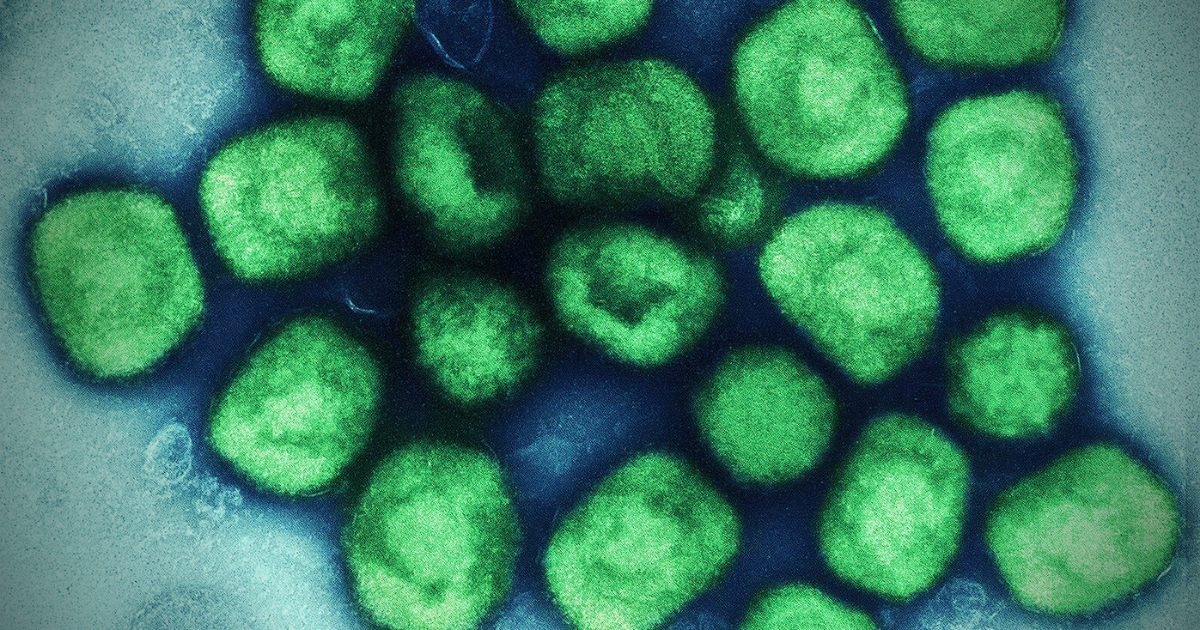The COVID-19 pandemic has made Americans hyper-aware to the risks and consequences of not taking developing pathogens seriously, so the concerning appearance of the monkeypox virus outside its usual confines in Central and West Africa has understandably commanded a great deal of media attention. The disease has even reached Texas, with a Dallas man bringing it back to the state after having contracted it during a vacation to Puerto Vallarta in Mexico. However, health experts both in Texas and internationally are debating whether covering the disease to such an extent is unnecessarily alarming or even harmful to already vulnerable communities.
In large part, medical authorities are in agreement on one aspect of monkeypox: its dramatically smaller potential impact on public health than COVID-19. Over 1200 cases have been reported outside of Africa since its first appearance in May, yet no one has died. “Right now, monkeypox is not a huge public health concern for the general public as a whole,” said infectious disease physician Dr. Ashley Drews in an interview for her employer Houston Methodist.
That being said, one community is currently being disproportionately affected more than others: gay men. “Most, but not all, current cases have been seen in men who have sex with men,” Dr. Drews said. “The reason for this is unclear at this time.”
Importantly, monkeypox is not a “gay disease.” As stated by the WHO, it is “important to note that the risk of monkeypox is not limited to men who have sex with men” and “anyone who has close contact with someone who is infectious is at risk.” Still, public health bodies are recommending driving information about the disease towards queer men due to the current make-up of infected individuals, but they are keenly aware to prevent propogating the bigotry and homophobia rampant during the AIDS crisis. Asked by the BBC about the messaging dilemma, Mateo Prochazka, an epidemiologist from the UK Health Security Agency, said “the infections are not about sexuality” and his organization is “concerned about monkeypox in general, as a public threat” rather than spreading illogical, bigoted fears about the gay community.
Overly pessimistic reporting on the disease can also cause undue suffering to Black populations since the “monkeypox” name potentially foments connections to long-lasting racist stereotypes. In a position paper published June 10, a group of prominent African scientists pleaded with the international public health community to abandon the current nomenclature for being “not only inaccurate but also discriminatory and stigmatizing” towards African peoples. Just as the COVID-19 name somewhat helped circumvent racism towards East Asian minorities, a more accurate and technical name could do the same for Black minorities.
Monkeypox may or may not be here to stay. Whatever the case though, people in positions of influence will hopefully continue to work towards preventing rhetoric that could further inflame the demographic tensions in our divided nation.
Original photo: National Institute of Allergy and Infectious Diseases (NIAID)




